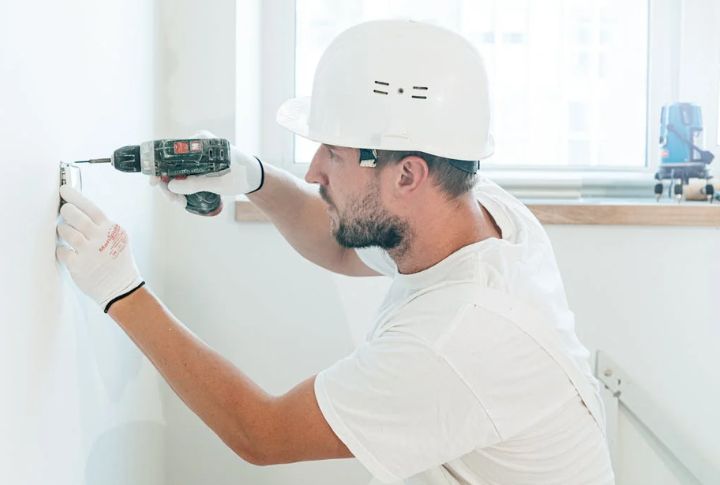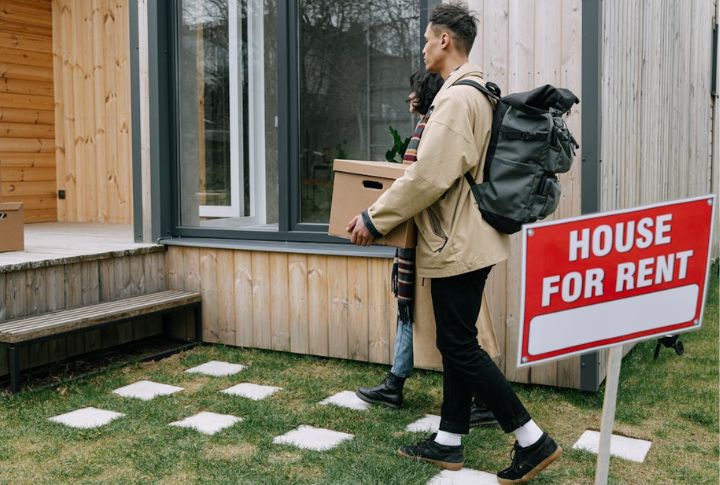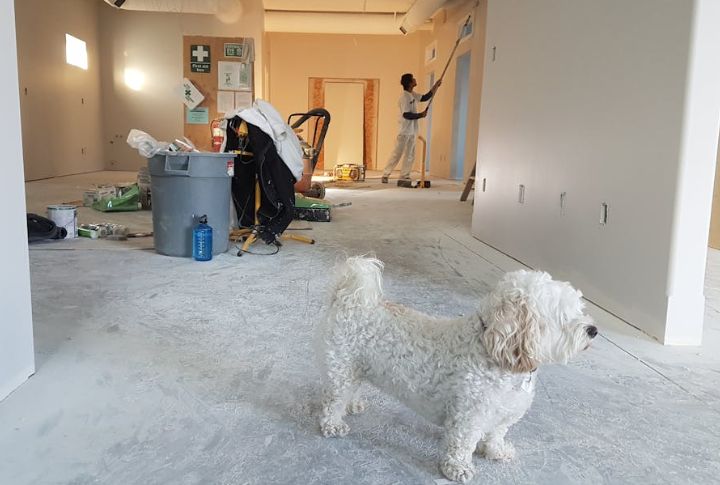
There’s a difference between buying a house and buying one without financial regret. You don’t need to be rich—you just need to be sharp. Yet plenty of buyers ignore key steps and pay for it later, literally. Remember that the smartest buyers aren’t lucky; they’re just prepared. And if you also want to stay calm when others panic, here are 10 financial moves worth making before you seal the deal.
Set A Safe Housing Budget Before You Buy

Just because a lender says “yes” doesn’t mean you should spend it all. Instead, focus on what fits your lifestyle. Spending too much on a home quickly drains your wallet. That means less for groceries or fun. So, buy within your means, and you’ll enjoy your home without the pressure.
Factor In All Ownership Costs, Not Just The Mortgage

The mortgage is just the beginning. Property taxes and unexpected repairs can quickly raise your overall cost, and even small loans may feel overwhelming once added expenses roll in. Since many of these costs emerge after you move in, preparing early is key to staying in control of your full financial responsibilities as a homeowner.
Renting Temporarily Can Be The Smarter Move

Renting before buying helps avoid financial strain. It lets you save more, explore neighborhoods, and gain firsthand knowledge of the market. Buyers who rent nearby often find stronger deals later. There’s also no immediate pressure to cover major repair costs.
Budget For Future Home Repairs Early On

No matter how new your home is, repairs are inevitable. Issues like water damage or foundation trouble can appear suddenly and be costly to fix. That’s why setting aside money early for maintenance is smart. Doing so avoids surprise bills and prevents minor problems from escalating into expensive repairs later.
Get Preapproved, But Don’t Borrow The Max

Getting preapproved shows how much you can borrow, though spending the full amount can be risky. Some buyers stretch their limits and later struggle as living costs rise. Instead, smaller loan amounts make payments manageable. The result is less stress and a faster track to long-term financial stability.
Keep Your Debt-To-Income Ratio In Check

Lenders generally want your total monthly debt—including housing—to stay under 36% of your gross income. That includes credit cards, car payments, or any other loans. A high debt-to-income ratio can limit loan options or raise interest rates. Paying down existing balances before applying for a mortgage helps improve both your approval chances and financial stability.
Be Realistic About Home Size And Features

Be honest about what will actually be used. Fancy extras like huge windows and spare rooms might look great, but they come with bigger bills and more chores. More space means more to clean. So, stick to what fits your lifestyle, and you’ll also be able to save money.
Plan For Escrow Surprises And Tax Adjustments

Property taxes and insurance premiums usually increase over time, which leads to higher escrow payments. As a result, your monthly mortgage bill may rise unexpectedly. Many homeowners assume their payment is fixed, but then feel blindsided. A habit of reviewing escrow and setting aside extra funds allows for smoother handling of changes without financial stress.
Don’t Skip The Home Inspection To Save Money

Always schedule a home inspection—no exceptions. It’s the only way to catch hidden issues before closing. Many sellers rely on quick fixes to cover significant damage. Even brand-new builds can contain serious plumbing or wiring flaws. What looks like a shortcut today could end up costing a fortune tomorrow if the inspection is skipped.
Consider The Cost Of Living In The Area, Not Just The House Price

The house price is only part of the equation. Some areas include higher utility bills and service costs. Rural homes may require extra maintenance, while city properties frequently involve higher taxes and parking fees. Awareness about total costs increases the chances of choosing a home within your budget.
